Description
Epoxy Resins: The Versatile Polymers Shaping Our World
Epoxy resins, a diverse family of thermosetting polymers, have become ubiquitous in modern life, playing crucial roles in industries ranging from aerospace and automotive to construction and electronics. Their exceptional adhesive properties, chemical resistance, and mechanical strength have made them indispensable in a wide array of applications.
What are Epoxy Resins?
At their core, epoxy resins are reactive chemical compounds containing epoxide groups. These groups allow the resin to undergo cross-linking reactions, forming a rigid, three-dimensional network when combined with a hardener, also known as a curing agent. This curing process, often irreversible, transforms the liquid resin into a solid, durable material with specific desired properties.
Key Properties and Advantages:
The widespread adoption of epoxy resins is largely due to their impressive combination of properties, including:
- Exceptional Adhesion: Epoxies bond strongly to a vast range of materials, including metals, glass, wood, and plastics, making them ideal for adhesives and coatings.
- High Strength and Durability: Cured epoxy resins exhibit excellent tensile, compressive, and flexural strength, providing robust and long-lasting solutions.
- Chemical Resistance: They are highly resistant to various chemicals, solvents, and corrosive substances, making them suitable for protective coatings and harsh environments.
- Electrical Insulation: Epoxies boast excellent electrical insulation properties, making them crucial in electronic components and electrical systems.
- Low Shrinkage: During the curing process, epoxy resins exhibit minimal shrinkage, ensuring dimensional stability and preventing cracking or warping.
- Versatility: The properties of epoxy resins can be tailored by modifying the resin chemistry, adding fillers, and adjusting the curing process to meet specific application requirements.
Applications Across Industries:
The versatile nature of epoxy resins has led to their widespread use in numerous industries:
- Adhesives: From household glues to high-performance structural adhesives in aerospace and automotive assembly, epoxies provide reliable bonding solutions.
- Coatings: Epoxy coatings offer excellent protection against corrosion, abrasion, and chemical attack, making them ideal for pipelines, tanks, marine vessels, and industrial equipment.
- Composites: Epoxy resins serve as the matrix material in fiber-reinforced composites like carbon fiber and fiberglass, providing strength and stiffness in aerospace components, sporting goods, and automotive parts.
- Electronics: Their excellent electrical insulation properties make them ideal for encapsulating electronic components, circuit boards, and transformers.
- Construction: Epoxies are used in flooring, grouts, and structural repairs, providing durable and waterproof solutions.
- Tooling and Molding: Epoxies are employed in the creation of molds and patterns for manufacturing processes, offering high precision and dimensional stability.
Environmental Considerations and Future Trends:
While epoxy resins offer numerous benefits, environmental considerations are becoming increasingly important. Research and development are focused on:
- Bio-based Epoxies: Developing epoxy resins derived from renewable sources, such as vegetable oils and lignin, to reduce reliance on petroleum-based materials.
- Curing Agent Alternatives: Exploring less toxic and more environmentally friendly curing agents.
- Recycling and Disposal: Investigating methods for recycling and responsibly disposing of epoxy waste.
The Future of Epoxy Resins:
As technology advances and sustainability concerns grow, the future of epoxy resins lies in innovation. We can expect to see:
- Advanced Composites: Development of new epoxy-based composite materials with enhanced performance characteristics for aerospace, automotive, and renewable energy applications.
- Smart Materials: Integration of sensors and functionalities into epoxy resins to create smart materials for structural health monitoring and other applications.
- Sustainable Solutions: Increased adoption of bio-based epoxies and more environmentally friendly curing processes.
Conclusion:
Epoxy resins have revolutionized numerous industries with their exceptional combination of properties and versatility. As research and development continue to push the boundaries of this fascinating class of polymers, we can anticipate even more innovative applications that will shape our world in the years to come. Their ongoing development, particularly related to sustainability, ensures they will remain a vital material for countless applications for the foreseeable future.

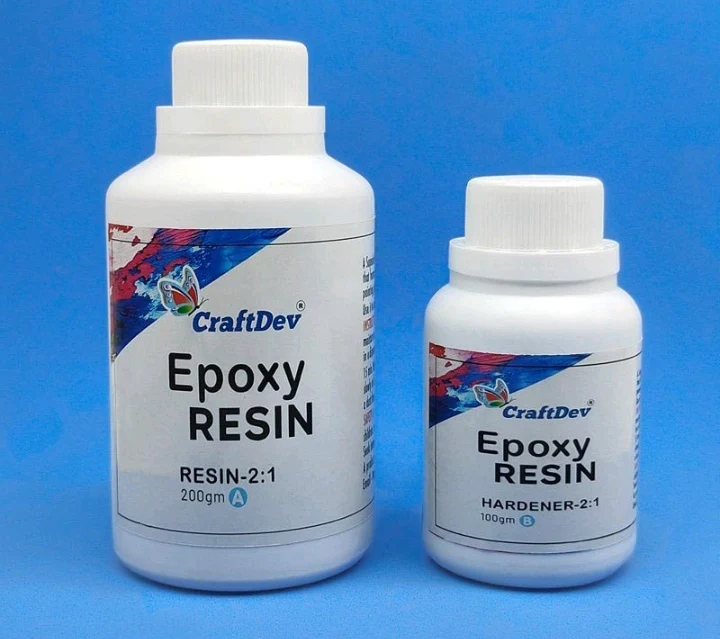


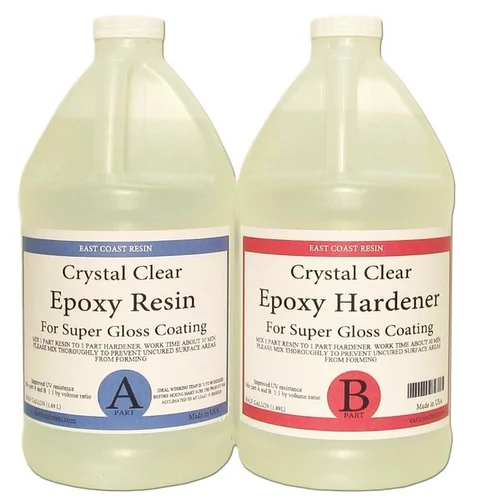


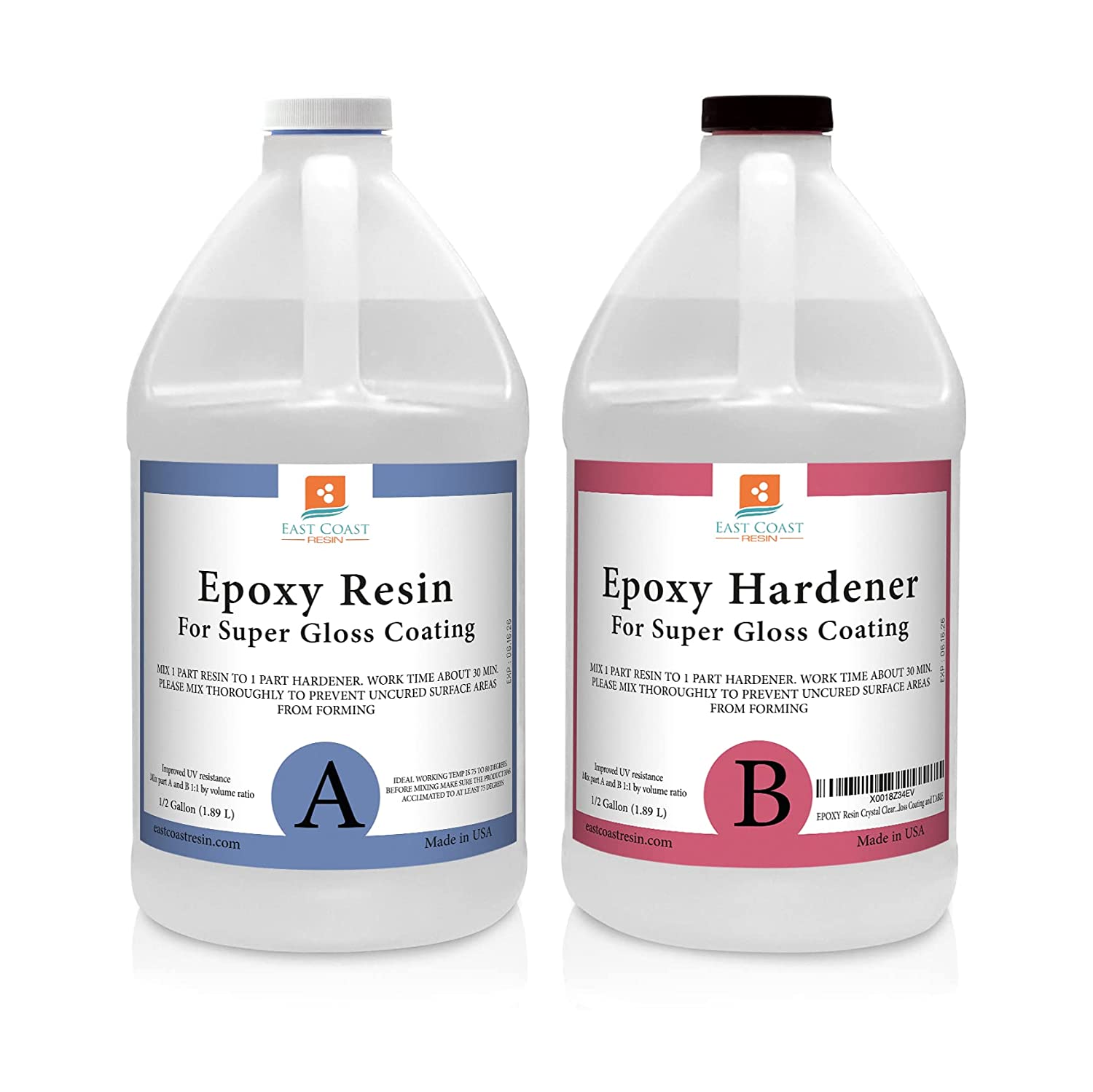
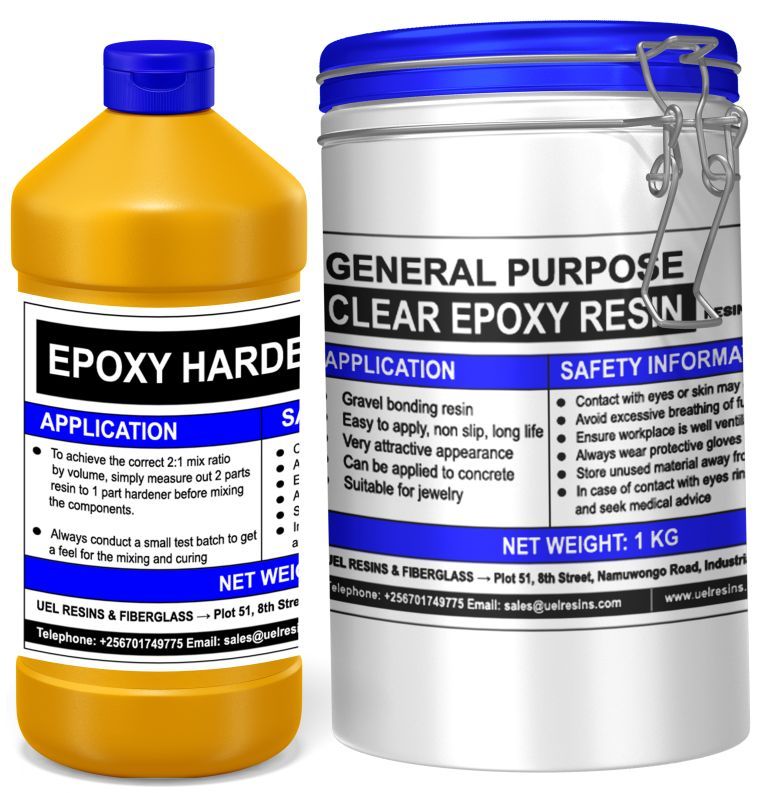

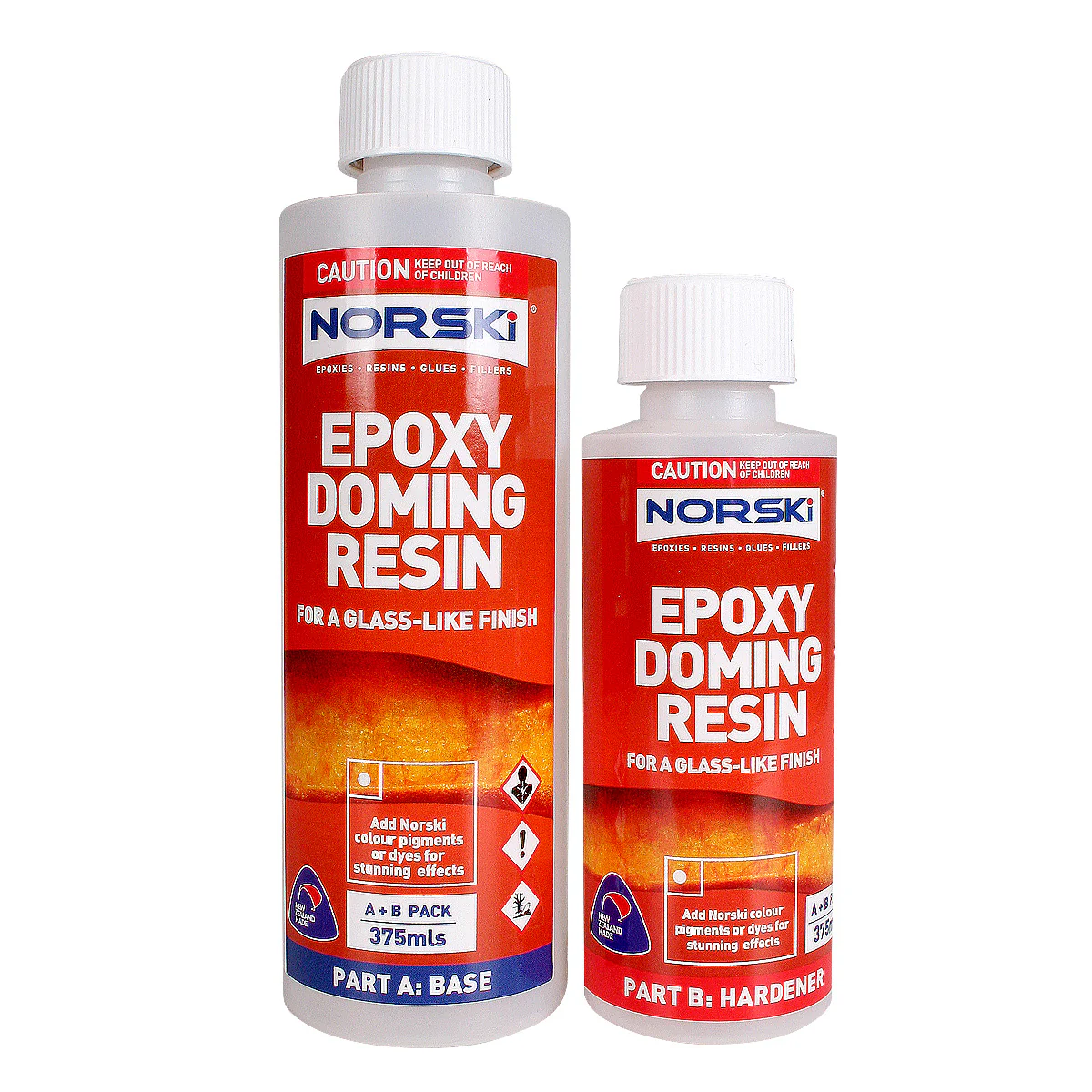



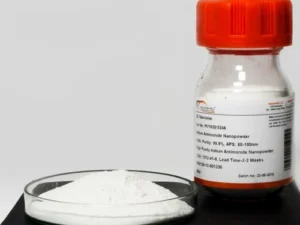


Reviews
There are no reviews yet.